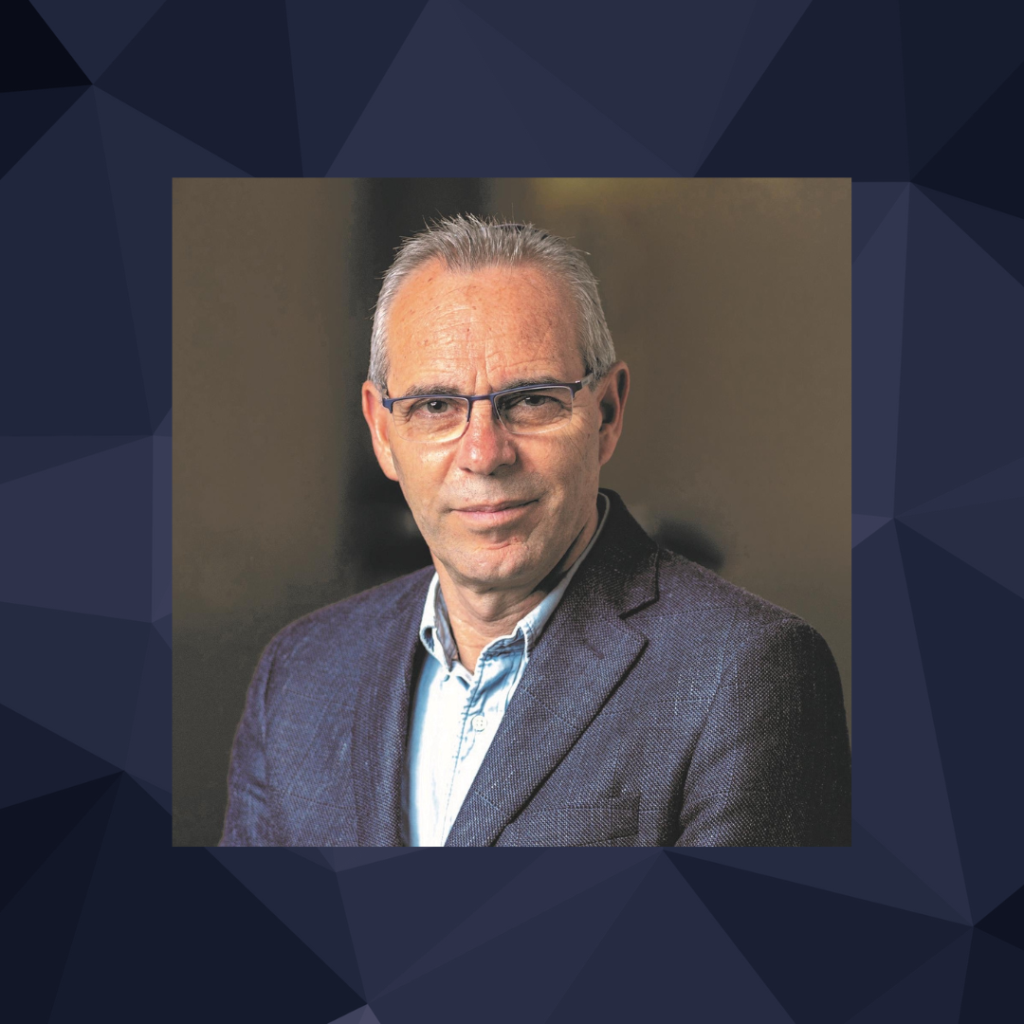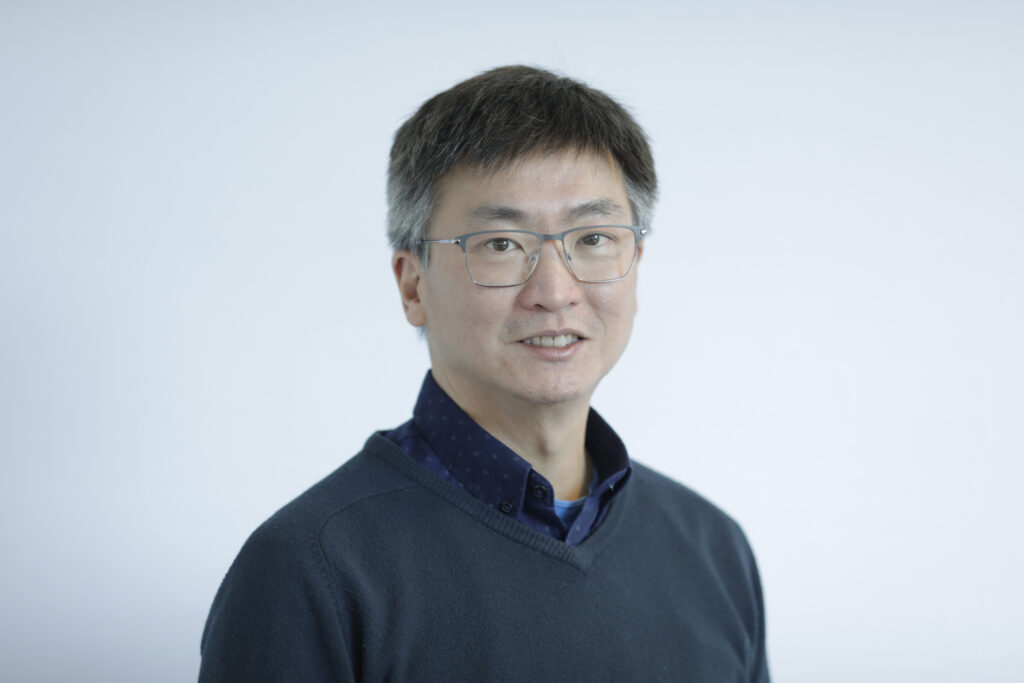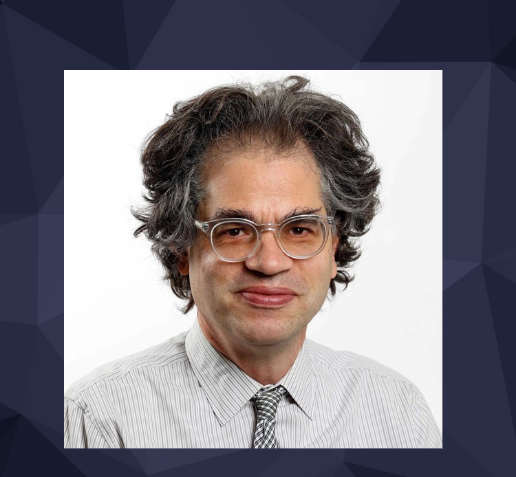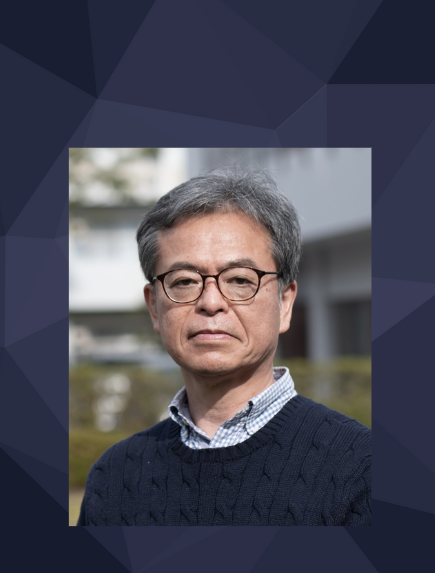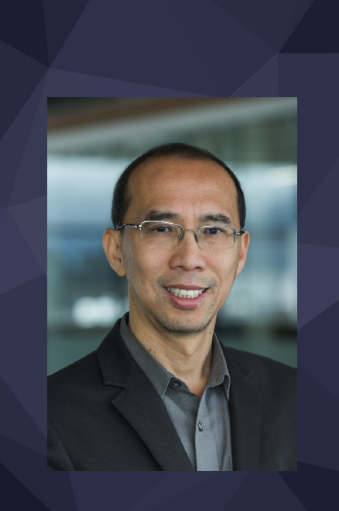February 2 2024 (Friday) 2:30-3:30pm
Neurological conditions affect one in six people, imposing significant health, economic and societal burden. Bioelectronic medicine aims to restore or replace neurological function with the help of implantable electronic devices. Unfortunately, significant technological limitations prohibit these devices from reaching patients at scale, as implants are bulky, require invasive implantation procedures, elicit a pronounced foreign body response, and show poor treatment specificity and off-target effects. Over the past decade, new devices made using methods from microelectronics industry have been shown to overcome these limitations. Recent literature provides powerful demonstrations of thin film implants that are miniaturised, ultra-conformal, stretchable, multiplexed, integrated with different sensors and actuators, bioresorbable, and minimally invasive. I will discuss the state-of-the-art of these new technologies and the barriers than need to be overcome to reach patients at scale.

